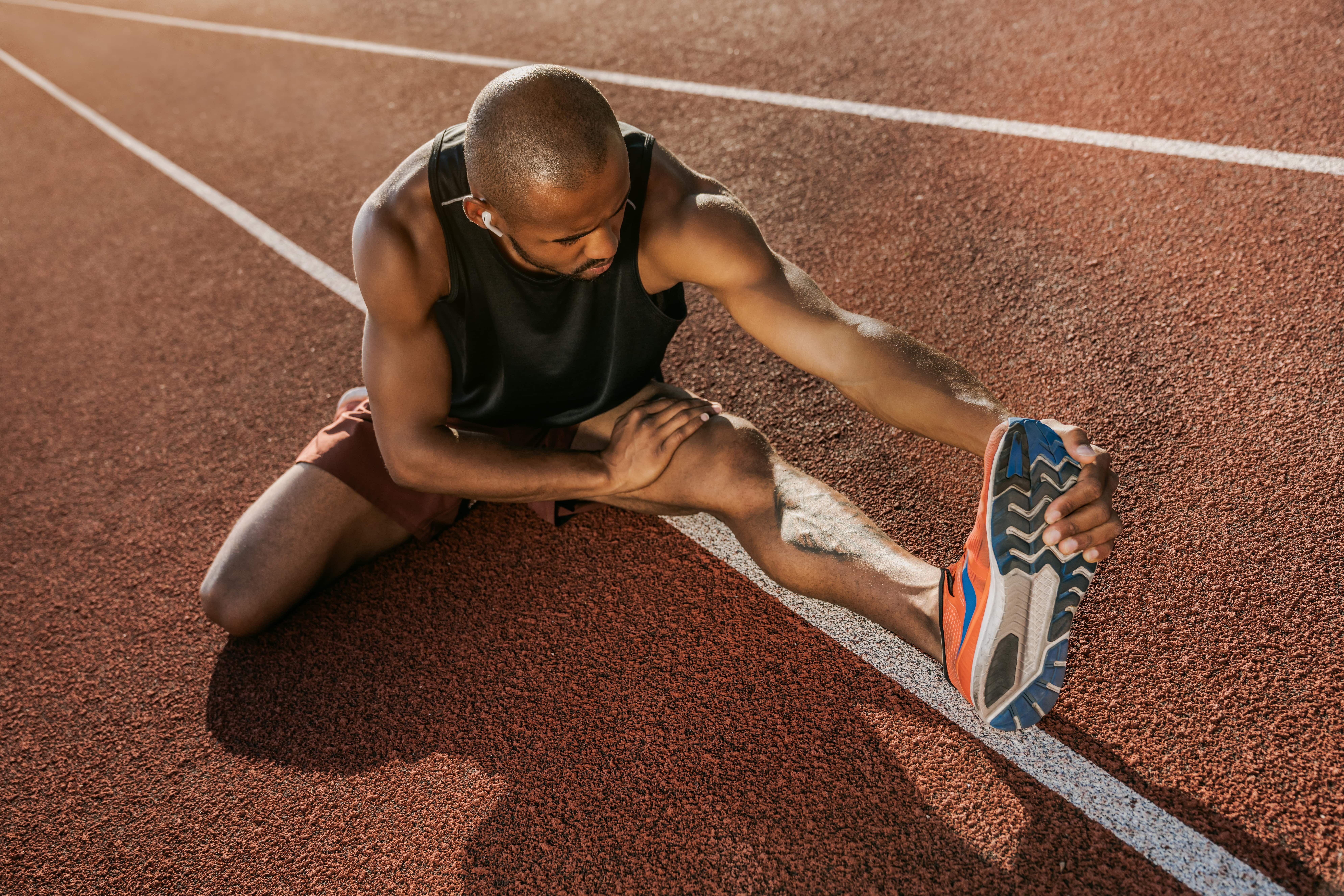Preventing Running Injuries: A Chicago Runner’s Guide

Running is one of the simplest, most effective ways to stay fit — and here in the Chicago area it’s one of the most popular. But increase mileage, speed, or intensity too fast and many runners find themselves sidelined by pain. The good news: most running injuries are preventable with smart training, targeted strength work, and prompt specialist care when something doesn’t feel right. MidAmerica Orthopaedics treats runners of all levels at our Palos Hills and Mokena locations and offers same-day specialist access, sports-medicine expertise, and rehab plans that get athletes back on course.
How common are running injuries — and what usually hurts?
A large share of running problems are overuse injuries. Over the course of a year, a substantial percentage of runners will experience a running-related injury, with the knee, lower leg (shin), and foot/ankle among the most affected areas. Typical diagnoses include patellofemoral pain (runner’s knee), iliotibial-band syndrome (IT band), Achilles tendinopathy, plantar fasciitis, and stress reactions or fractures.
Why runners get injured (the short version)
Several recurring factors increase injury risk:
- Training spikes: Sudden jumps in mileage, speedwork, or hill work overload tissues that haven’t adapted.
- Movement weaknesses or imbalances: Weak hips, glutes, or core change how force is absorbed and increase stress on knees and shins.
- Poor recovery & nutrition: Inadequate rest or insufficient calories impair tissue repair.
- Footwear and surface changes: Worn shoes or abrupt switches from trail to pavement can raise risk.
- Previous injury: A history of the same problem is one of the strongest predictors of future injury.
Addressing these modifiable causes is the best way to reduce time lost to injury.
Practical training rules that work
Start simple. These evidence-backed rules lower your injury risk without killing your motivation:
- Follow a progressive plan. Increase weekly mileage gradually — many coaches use a rough 10% guideline for week-to-week increases.
- Balance hard days with easy days. Mix easy runs, quality workouts, and full rest or active recovery days.
- Cross-train. Low-impact cardio like swimming or cycling maintains fitness while reducing repetitive load.
- Prioritize gradual return after time off. Start with short, easy runs and build slowly — don’t try to pick up where you left off.
Strength, mechanics, and mobility: training that prevents injuries
Running is high volume — tissues need strength and resilience to handle it.
- Hip and glute strength reduces knee and IT-band stress.
- Calf and foot strengthening helps prevent Achilles and plantar problems.
- ore stability and single-leg balanceC improve control during the loading phase of gait.
- Progressive plyometrics (when appropriate) teach the body to absorb and generate force safely.
Physical therapy and targeted strength programs are a cornerstone of prevention and recovery. MidAmerica’s rehab teams build sport-specific programs that match your goals and schedule.
Shoes, surfaces, and small gear decisions that matter
A few practical, high-value choices:
- Replace shoes before the midsole is overly compressed (typical guidance: roughly 300–500 miles depending on shoe and runner).
- Match shoe type to the run: lighter shoes for fast workouts, slightly more supportive shoes for easy miles.
- Rotate shoes when possible — different pairs alter loading patterns and reduce repetitive strain.
- Be cautious with long downhill running and sudden surface changes.
If you’re unsure about footwear or orthotic support, MidAmerica’s foot & ankle specialists evaluate gait, recommend orthotics, and suggest shoes that fit your mechanics and mileage.
Nutrition, sleep, and recovery — the often-missed pieces
Tissue repair is a biological process that needs fuel and rest. Inadequate calorie intake, poor macro balance, and insufficient sleep are linked to higher injury risk in distance runners. Treat fueling and sleep as essential parts of your training plan — not optional extras.When to see a specialist (don’t wait too long)
See a sports-medicine specialist or physical therapist sooner rather than later if you have:
- Persistent pain that doesn’t improve after 7–10 days of rest and targeted rehab
- A sharp “pop” at the time of injury, sudden swelling, or inability to bear weight (possible ligament injury or stress fracture)
- Recurrent problems despite conservative care
- Localized, activity-related bone pain that improves with rest (possible bone stress)
MidAmerica offers same-day specialist evaluation through OrthoNow and scheduled appointments in our Sports Medicine Clinic for comprehensive assessment, imaging, and a coordinated recovery plan.
How MidAmerica supports runners — a quick roadmap
- OrthoNow (same-day specialist triage) for acute sprains, suspected fractures, and injuries that need immediate attention.
- Sports Medicine Clinic with fellowship-trained physicians who diagnose injuries, order advanced imaging when needed, and tailor nonoperative vs operative plans.
- Physical & Occupational Therapy at Palos Hills and Mokena — sport-specific strengthening, gait retraining, and graded return-to-running plans.
- Foot & Ankle Services and orthotics for runners with biomechanical contributors to pain.
- Ambulatory surgery (Palos Hills Surgery Center) when a procedure is required — with coordinated perioperative care and rehab.
Quick checklist: a one-week plan to lower your risk
- Keep this week’s mileage within about 10% of last week’s.
- Add two 15–20 minute strength sessions (hip bridges, single-leg deadlifts, calf raises).
- Sleep at least 7 hours per night and include one full rest day.
- Inspect your shoes — look for midsole compression or uneven wear; rotate or replace as needed.
- If pain persists beyond a week or limits your running, book an OrthoNow visit.
Ready to protect your miles?
Whether you’re training for a 5K, building base miles on the lakefront path, or planning a fall half, MidAmerica Orthopaedics can help you run smarter — and stay healthier. For acute problems, visit OrthoNow at Palos Hills or Mokena for specialist-led care. To schedule a sports medicine appointment, gait or orthotic evaluation, or physical therapy, call (708) 237-7200 or request an appointment online.

